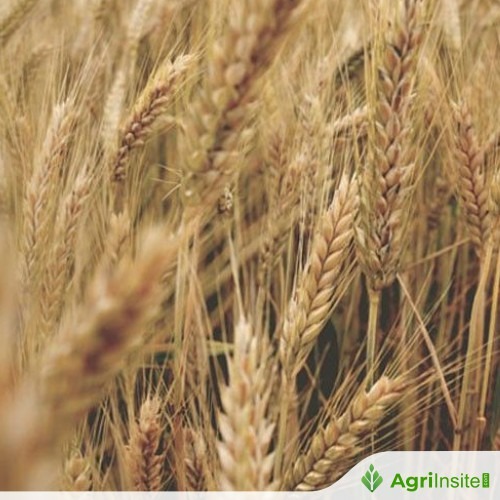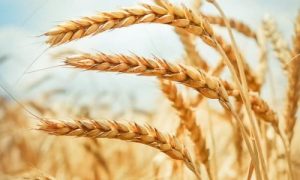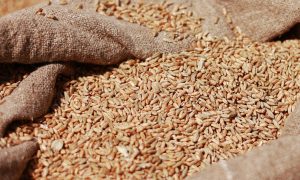Rojava wheat harvest expected to reach 350k tons amid drought

The Kurdish-led administration in northeast Syria (Rojava) expects a 2025 wheat harvest of 350,000 tons amid a severe national drought. The al-Jazira region will produce 150,000 tons, with Deir ez-Zor, Tabqa, and Raqqa contributing 200,000 tons. Fire prevention and crisis response teams are in place. Syria may face a 2.7 million ton wheat deficit, affecting 16.3 million people.
ERBIL, Kurdistan Region – The Kurdish-led administration in northeast Syria (Rojava) anticipated on Thursday a wheat harvest of 350,000 tons for the 2025 agricultural season. The announcement comes at a critical time, as Syria faces a worsening drought and a projected drop in local wheat crops.
The Democratic Autonomous Administration of North and East Syria (DAANES) quoted the co-chair of Rojava’s General Silos and Mills Authority, Ghassan Tammo, as stating that “the expected wheat production this year is estimated at 350,000 tons” in the predominantly Kurdish region.
Tammo elaborated that 150,000 tons of wheat are expected to be produced by the al-Jazira region, which stretches across parts of Hasakah near the Turkish and Iraqi borders.
Meanwhile, DAANES-administered regions in Deir ez-Zor, Tabqa and Raqqa are expected to produce a combined total of 200,000 tons of wheat.
Tammo further emphasized the implementation of fire prevention measures to safeguard the harvest – critical in light of past fires that devastated crops and farmers’ livelihoods.
For his part, the co-chair of the Economy and Agriculture Authority in Raqqa, Ibrahim al-Shahin, added that a crisis response team has been formed under the supervision of the local council to
“ensure a rapid response to any incidents.”
The announcement comes as Syria is in the grips of a severe drought, prompting urgent warning from the United Nations Food and Agriculture Organization (FAO) that an “estimated 75 percent of local wheat crops” could fail in 2025.
The expected shortfall could result in a wheat deficit of 2.7 million metric tons, enough to feed approximately 16.3 million people for a year, Reuters quoted a FAO official as noting on Wednesday.
In recent weeks both the European Union and the United States decided to lift sanctions on Syria. These sanctions were originally imposed during the tenure of former Syrian dictator Bashar al-Assad, who was ousted in December by a coalition of opposition forces.
Syria’s new leadership is now taking steps to mitigate the crisis, including restricting water-intensive crops and promoting more efficient agricultural practices.
While the removal of sanctions won’t directly solve the drought, it opens the door for modernizing irrigation systems, increasing agricultural productivity, and improving food security.
This is especially crucial given Syria’s previous reliance on Russia, a longtime ally of Assad, for emergency wheat imports during past droughts. Reducing economic dependence on Moscow is a key goal of the new leadership’s push for sanctions relief.
To Read more about Wheat News continue reading Agriinsite.com
Source : Reuters
















